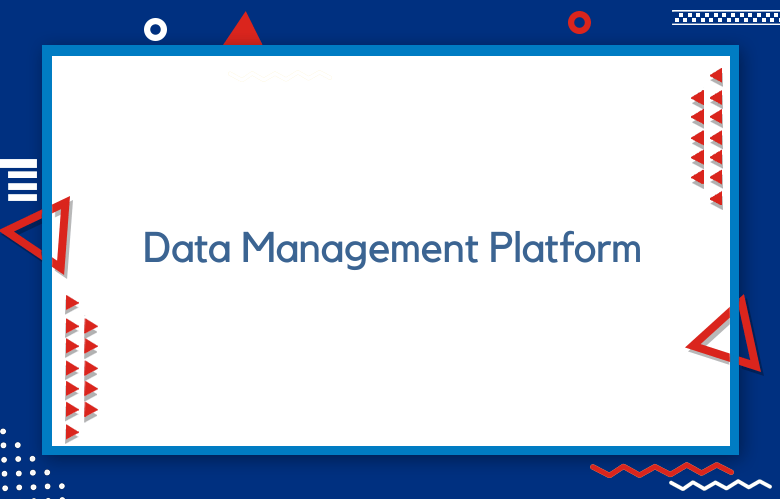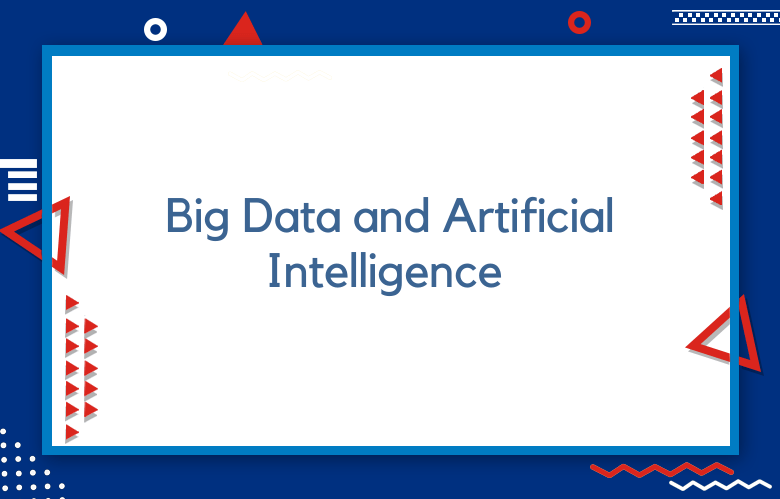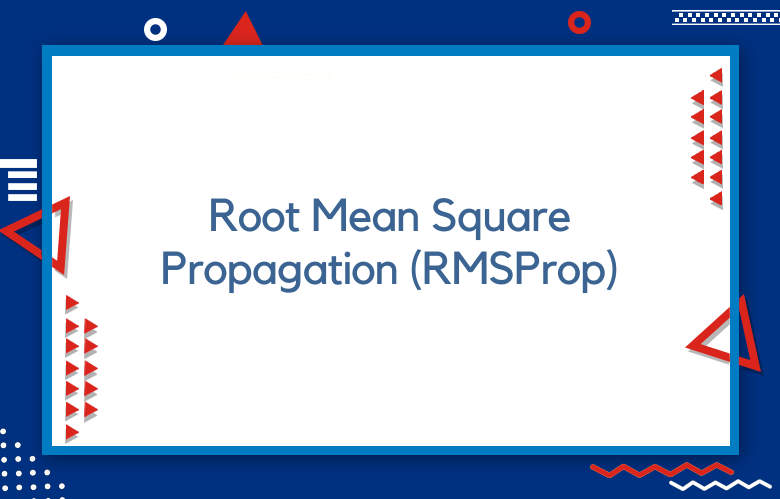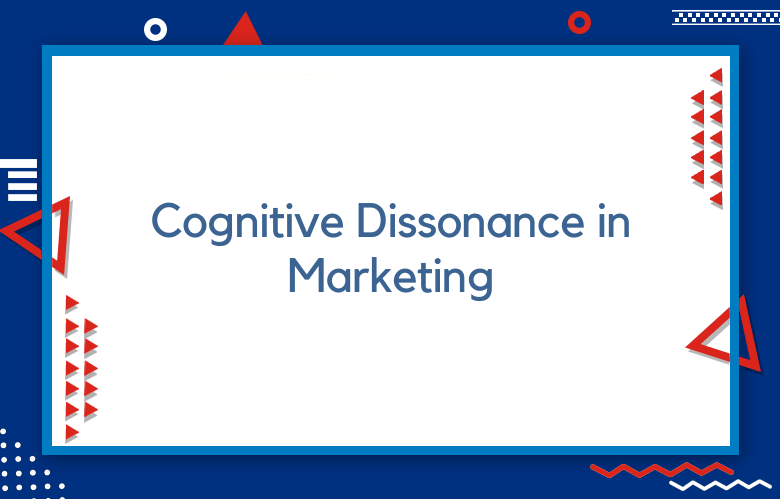Data Management Platform (DMP): How does a Data Management Platform Work

A data management platform, or DMP, is a system that helps you collect, organize, and use data. It can be used for marketing purposes to better understand your customers and target them with more relevant ads. A DMP can also be used for other purposes, such as research or sales.
Knowing what to do with a lot of data can be difficult. That’s where a DMP comes in. A DMP can help you make sense of your data so that you can use it to improve your business.
What is a Data Management Platform (DMP)?
A data management platform, or DMP, is a system that helps businesses collect, organize, and activate customer data.
A DMP can be used better to understand customer behavior, target ads and content, and measure the effectiveness of marketing campaigns.
In the past, businesses needed help using the vast amounts of data they collected on their customers.
A DMP provides a centralized location for this data, making drawing insights and taking action easier.
In addition, a DMP can help businesses comply with data privacy regulations, such as the General Data Protection Regulation (GDPR).
Many types of DMPs are available, and the right one depends on your needs. Some DMPs are very simple, while others are very complex.
Choose a DMP that is right for the amount of data you have and the level of complexity you need.
How does a Data Management Platform work?
A data management platform collects data from various sources and then organizes it into a central location. This makes it easier to find and use the data when needed.
For example, you have customer data spread out across several different systems.
A DMP can combine all of this data into one place to provide a complete view of your customer base.
This is important because it allows you to make better decisions about marketing to your customers.
In addition to collecting and organizing data, a DMP can help you clean up your data.
This means removing duplicate entries and correcting errors. Cleaning up your data is essential because it ensures that the information you’re using is accurate.
Once your data is collected, organized, and cleaned up, you can use it to improve your business.
For example, you might use your customer data to create targeted marketing campaigns.
You might also use your sales data to identify trends that can help you increase revenue. The possibilities are endless!
How can a Data Management Platform DMP help?
By using a DMP, companies can gain valuable insights into their customers’ behaviors, which can be used to create more personalized experiences.
For example, with the help of a DMP, businesses can analyze customer purchase histories to make targeted product recommendations or tailored content offers.
Companies can use the information gathered through the DMP to optimize their digital marketing campaigns.
This includes creating more effective ad targeting strategies and optimizing ads for specific channels or demographics.
An Introduction to What a Data Management Platform Is and How It Benefits Your Business
Data management platforms (DMPs) are potent tools businesses use to collect, store, and analyze customer data.
With the correct information, a DMP can help you make smarter decisions that optimize your marketing campaigns and grow your business.
We’ll dive into what a DMP is and how it can benefit your business.
Benefits of a Data Management Platform Business
Using a DMP allows you to gain valuable insights into your customers and their interests.
You can use this information to create more personalized customer experiences, such as offering tailored content or discounts, to increase engagement and loyalty.
With access to real-time customer data at your fingertips, you can quickly identify trends in customer behavior to understand their needs and preferences better.
This helps you create more effective marketing campaigns that resonate with customers emotionally.
Having all of this customer information in one place makes it easier for you to segment customers based on their interests or purchase histories so that you target them with the most relevant messages at the correct times.
Increased Efficiency
A Data Management Platform can help increase your business’s efficiency by organizing and storing your data in a central location.
This can reduce the time spent searching for data and inputting data into various systems.
A data management platform can help automate multiple processes, such as data backup and recovery.
Improved Decision Making
A data management platform can also help improve decision-making within your business.
This is because a Data Management Platform can provide insights into your data that you can only obtain with it.
For example, a Data Management Platform can help you identify trends within your customer data, which can be used to make marketing or product development decisions.
Reduced Costs
A Data Management Platform can also reduce the costs of managing your data.
A data management platform can help automate various tasks, such as data backup and recovery.
A data management platform can reduce the need for manual data input, which saves both time and money.
Improved Customer Service
A Data Management Platform can also help improve your business’s customer service.
A Data Management Platform can provide insights into your customer data that you can only obtain with it.
For example, a data management platform can help you identify customer service issues that affect satisfaction levels.
A Data Management Platform can help you track customer interactions and measure customer satisfaction over time.
Conclusion
A data management platform (DMP) is a system that helps you collect, organize, and use data.
A DMP can be used to understand your customers better and target them with more relevant ads.
A DMP can also be used for other purposes, such as research or sales.
The right DMP for you will depend on your needs. Some DMPs are very simple, while others are very complex.
Choose a DMP that is right for the amount of data you have and the complexity you need to improve your business decisions today!
Call: +91 9848321284
Email: [email protected]



